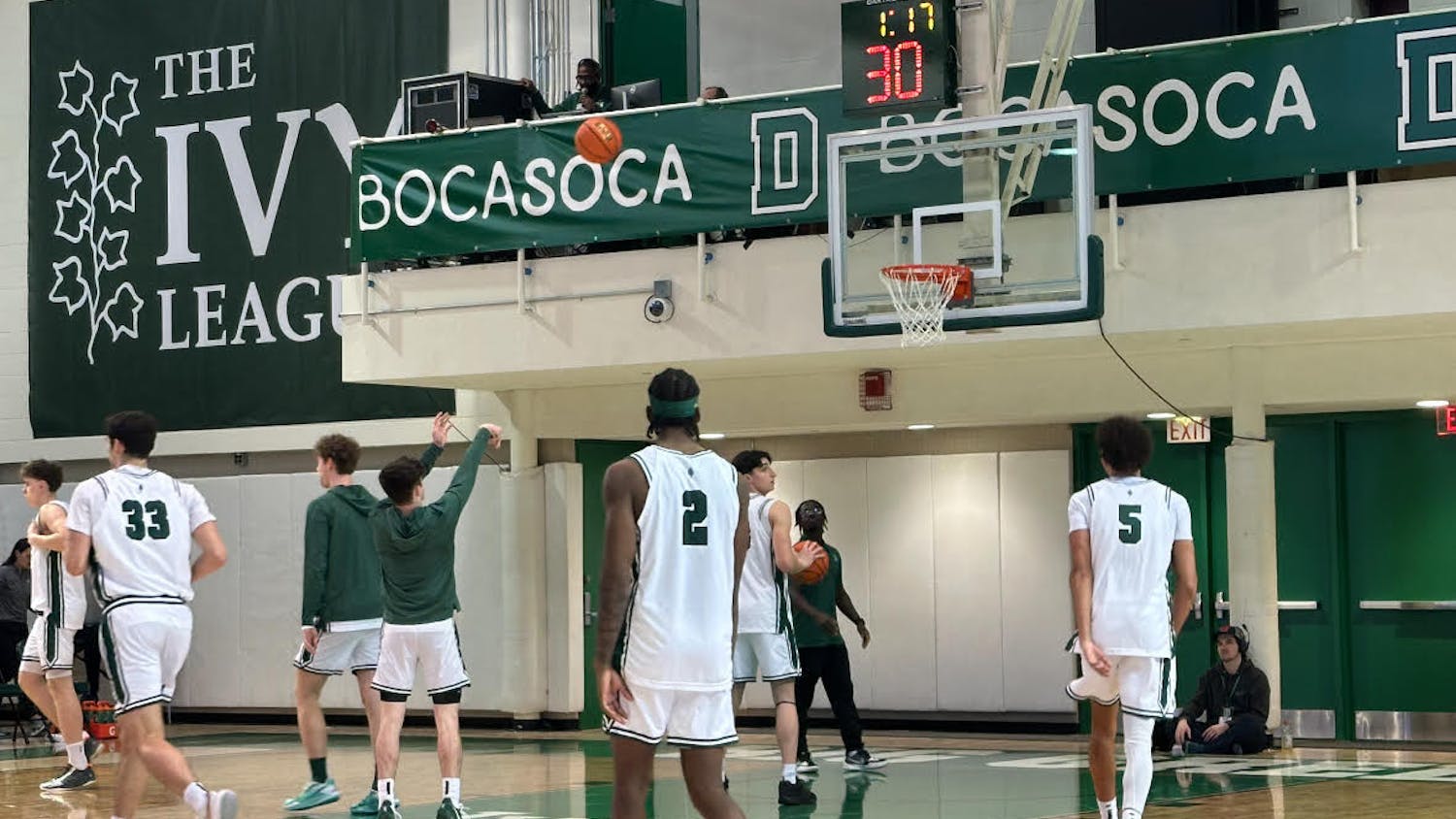Earlier this MLB season, an ugly incident transpired between veteran Yankees catcher Jorge Posada and his manager, Joe Girardi. Posada, who was in the midst of a season-long slump, had already been relegated to full-time designated hitter status in favor of free-agent signing Russell Martin. And then one May evening, he showed up to the ballpark to discover he was to hit ninth in the lineup against the visiting Red Sox in a nationally televised game. So he left the stadium, more or less refusing to play.
Never mind the fact that Posada himself used to back up Girardi in his early days as a Yankee. Ignore any other ego-denting semblance of an excuse that he might have been able to conceive to warrant such inexcusably selfish behavior. Ultimately, his actions shined a grim truth on the reality of any aging superstar. For Posada once a perennial stalwart in the heart of the Yankees order the move only served to trigger a vehement and systematic gag reflex in rejection of the harshest reality at all: acknowledging that he had already peaked.
While any logical person could tell you that Posada was already several years past his prime, recognizing it himself must have been painful for Posada to swallow. But that is not an excuse to abandon grace in the process. After all, if we find ourselves past the pinnacle, face-to-face with a nothing but a daunting, rocky downhill, we might as well do everything we can to cushion the fall.
Entering senior year, athletes and nonners alike may both very well be dealing with their own realizations of having peaked. Some will resign gracefully, letting a cool sense of jadedness and copious amounts of Keystone gradually dull their emotions until all their pain receptors are rendered blunt. Others may deal with spasms of harsh rejection, breaking a pong paddle over their leg as they lose their fourth game in a row to that new sophomore in their frat and his cuter-than-you'd-care-to-admit girlfriend.
For Dartmouth athletes, peaking may culminate with playing their final game for the Big Green. Over four years, student-athletes here pour mind-boggling amounts of time into practicing and competing for the Big Green. A strong bond forms between teammates, and between individuals and the larger Dartmouth community. There likely will never be another time when life affords them the opportunity to devote such time, effort and interest to an extracurricular passion.
For non-athletes in Hanover, the feeling is shared and bound into a single, more fundamental hypothetical: are these really the best four years of our lives? We want to answer with an emphatic yes. "I love Dartmouth!" "I couldn't have had a better experience!" "I was f*cking unreal at pong!" But at the same time, we'll soon be staring down the barrel of around (ideally) 70 more years of life. Do we really care to concede that it'll never get any better than this?
The reality is, barring the few of us who will find a way to become the next Mark Zuckerberg or Brad Pitt or Snooki, Dartmouth has allowed us perhaps the most flexibility in lifestyle that we will ever have. As athletes, we're allowed to play our sport at a high level of competition without a second thought to the practicality or logistics of doing it professionally. As students, we're free to pursue whatever interest draws us while being provided with some of the best resources in the world. And as people, we are included in a unique and cultishly-beloved community that embraces those luxuries.
So the question remains: how do we compartmentalize our Dartmouth days? Should we live hard now, conceding a post-grad life of mediocrity that pales in comparison? Or half-ass the present, always aiming for higher and better?
The answer was presented to me on a perfect summer day in July, as I sat with three of my Dartmouth friends in the first base lodge deck at Yankee Stadium, among 48,000-some odd people, watching another aging Yankee someone else who had also already peaked achieve perhaps the most glorious moment in his career. As the three of us watched Derek Jeter expose his graying head yet again during the 10-minute curtain call following his 3,000th career hit, the tears welling in my eyes were a blissful reminder of the happiness that can erupt in any moment, regardless of how many people believe that our better days are already behind us.
Peaking, I dare to say, does not necessarily happen only once. In the words of the immortal Dennis Reynolds, "Peak? I haven't even begun to peak. When I peak, I'm gonna peak all over everybody."



